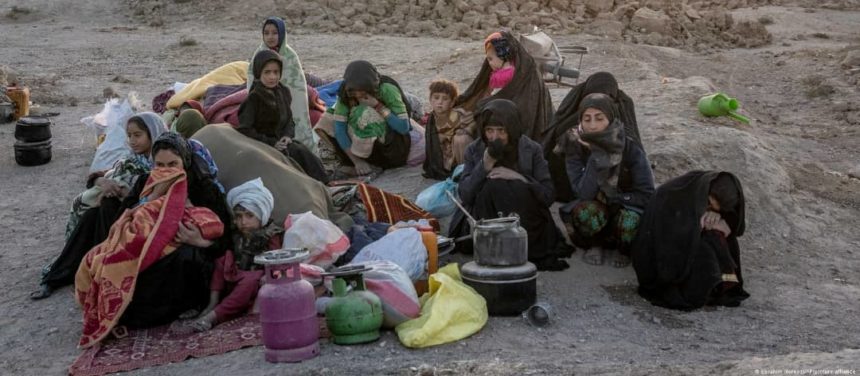RASC News Agency: A recent United Nations report has shed light on the significant mental and emotional traumas suffered by 7,500 pregnant women in the earthquake-stricken areas of Herat. Published on Friday, October 20, the report emphasizes the urgent requirement for support and assistance to mitigate further complications for these women.
The United Nations Population Fund has specifically appealed for $11.5 million to address the reproductive health needs of these women. Immediate action must be taken to safeguard their well-being and prevent the exacerbation of their existing challenges.
In stark contrast, the United Nations has revealed that 40 medical centers in Herat have sustained damage, resulting in limited access to vital healthcare for the local population.
Simultaneously, the World Health Organization has drawn attention to the difficulties encountered in delivering medical services to the affected individuals due to the overwhelming number of victims. Consequently, the swift response required to attend to the earthquake victims has been hindered.
Furthermore, the World Health Organization has expressed concern over the proliferation of infectious diseases among the people of Herat, attributing it to the current situation in the region.
It is imperative to acknowledge that the earthquakes in Herat have inflicted severe damage on the population, especially affecting women and children residing in the province.
Additionally, UNICEF has revealed that a significant portion of those affected by the Herat earthquake are children and women, further exacerbating the already dire circumstances. Disturbingly, the gender discrimination imposed by the Taliban exacerbates the plight of those impacted by natural disasters. The Taliban’s oppressive policies, such as restricting women from leaving their homes, render them particularly vulnerable to the perils brought about by such catastrophic events.
Furthermore, reports have surfaced indicating the involvement of Taliban members in the illicit sale of humanitarian aid within local markets. Shockingly, these aid supplies have been generously donated by international organizations and foreign countries with the explicit intent of improving the well-being of the earthquake victims. This alarming revelation underscores the urgent necessity for heightened vigilance and stringent oversight to prevent such illicit activities and ensure that assistance reaches those in desperate need.






